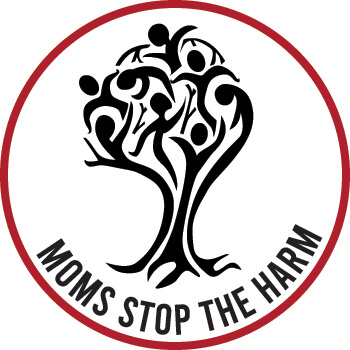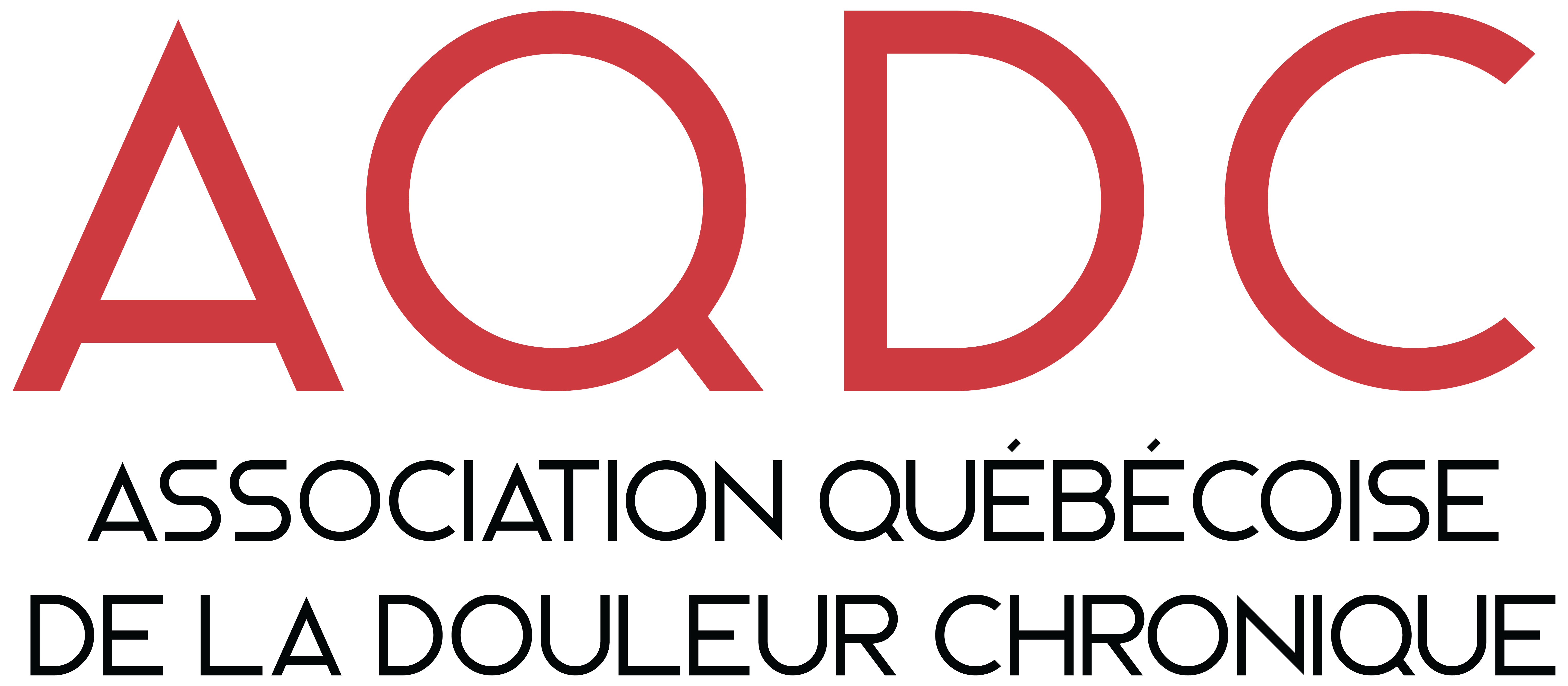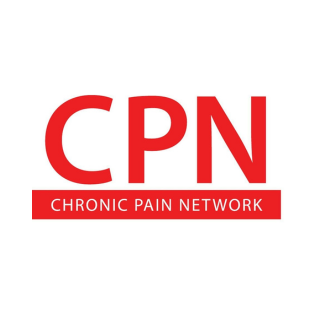Putting the Pieces Together conference
November 2 - 6, 2026
A free virtual conference for and by people with pain
Eight million people in Canada live with chronic pain, a condition that can affect every aspect of a person’s life including physical and mental health, work, play, and relationships. More than 700 people attended for last year's Putting the Pieces Together virtual conference in 2025 – watch or revisit all the sessions from our 2025 conference on our YouTube channel!

Why are we Putting the Pieces Together?
The conference name, Putting the Pieces Together, is inspired by Kintsugi, the Japanese art of repairing broken pottery with gold. We see ourselves like the re-imagined artworks - no longer in our original form but, instead, taking on a new beauty and strength, reinforced by our many connections.

No items found.


.png)




















.jpg)















